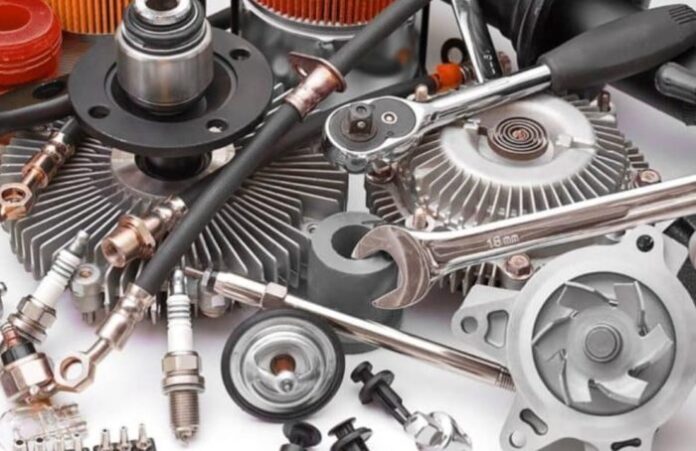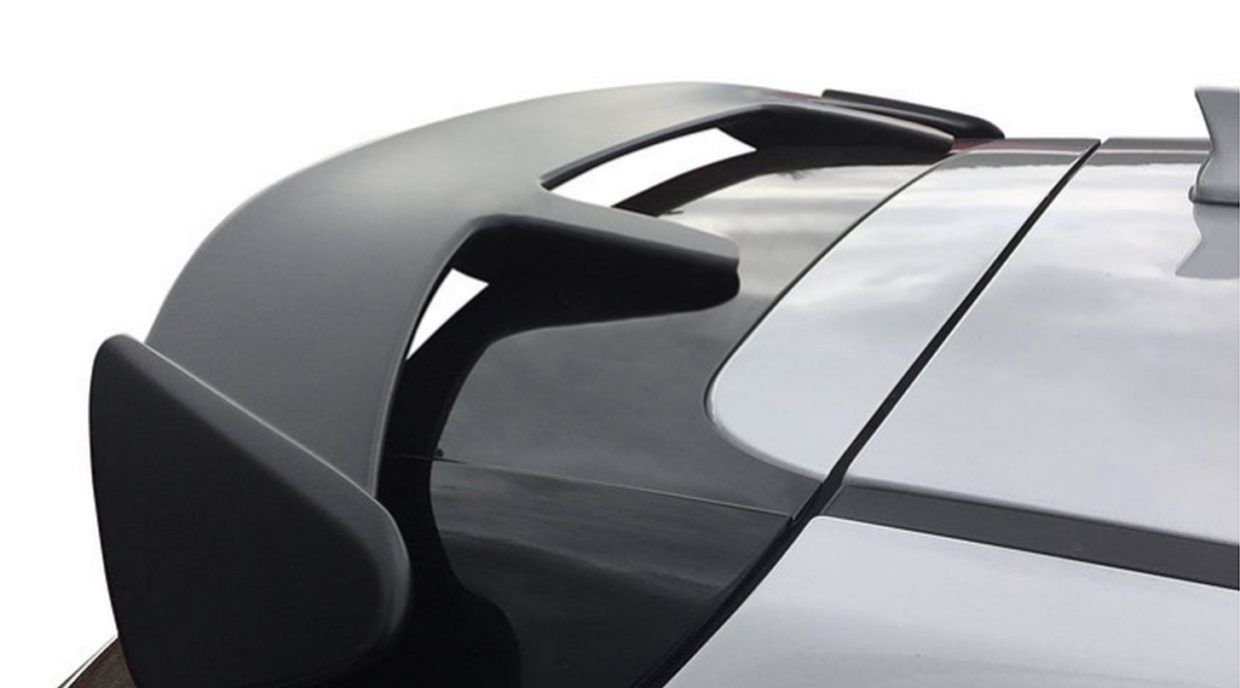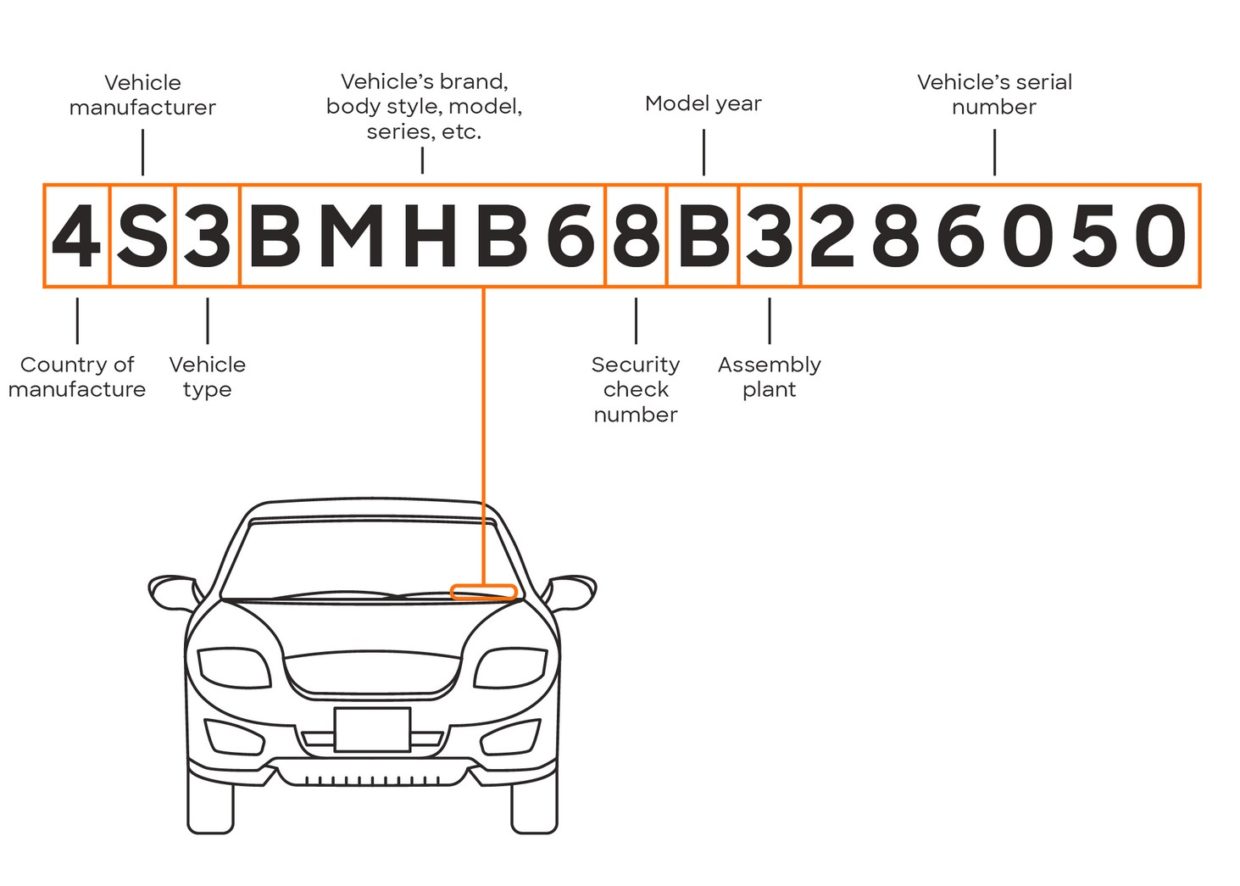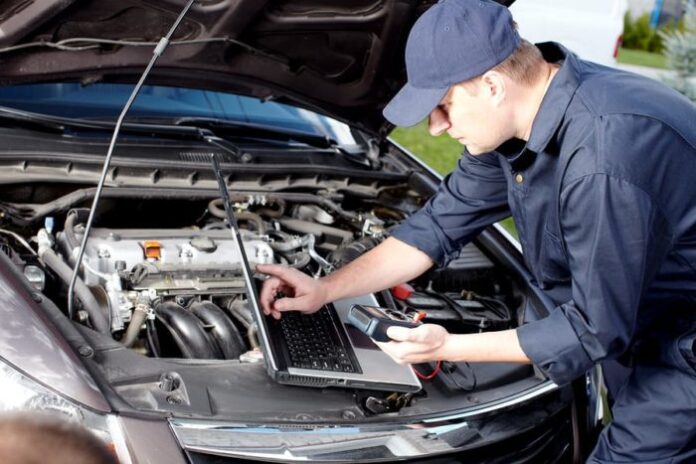One downside to having access to infinite online purchases is confusion over aftermarket parts. Fly-by-night businesses, that take your money and run, make a bad name for legitimate businesses that have spent years building customer trust and loyalty.
This leaves a lot of consumers wondering, “are aftermarket parts legal?” Here’s what you need to know about buying them and the law.

What Does “Aftermarket” Mean?
They pertain to products that are added to a vehicle or piece of machinery after it’s left the dealership or manufacturer. As a consumer, you have a right to purchase them and use them to enhance your vehicle or machinery to your liking. However, governing bodies have an equal right to say if your modifications impact their safety or useability.
While the term “aftermarket” often gets used as an umbrella term, there’s a significant difference in using high-quality aftermarket replacement pieces versus cheap modifications used for cosmetic purposes.
How Do Aftermarket Parts Affect Machine Use?
Depending on the type which is used, it could have a significant impact on how the machinery operates or none at all. When it comes to heavy machinery, they are often used to keep the vehicle moving as an alternative to purchasing on-brand parts. In this case, the aftermarket part doesn’t alter the functionality at all (except to make a broken machine work again).
With vehicles, it’s a bit different. Aftermarket parts like spoilers and suspension kits can change how the vehicle operates on the road. Depending on the laws in the area, using certain ones could render your vehicle illegal for road use.

What About Aftermarket Parts for Heavy Machinery?
Using them on heavy machinery is common practice. These high-quality suppliers follow safe manufacturing practices that adhere to regulations in the area. When looking for an aftermarket supplier for heavy machinery, look for a business that has years of experience, testimonials and reviews, and a proven track record.
It also helps to have certifications from regulatory bodies. According to Costex, having validation from third-party regulatory bodies guarantees quality control and consistent product standards.
Can Aftermarket Parts Void Your Warranty?
A lot of dealerships and manufacturers say that using aftermarket parts voids the warranty, but it’s a bit of a grey area, legally. It ultimately comes down to the specific parts in question and how the vehicle or machinery is used.
Using an aftermarket part can void the warranty on that specific part of the machinery that’s been replaced. However, if you purchase a warranty for them, you could still be covered. Take some time to research the specifics when you need a part replacement.

Do Aftermarket Parts Void Insurance?
Again, this is a grey area that will vary from policy to policy, provider to provider, and state to state. Take some time to conduct your own research and consult with your insurance broker when looking for these parts.
Should You Buy them?
They are often more affordable or accessible than parts purchased directly from the manufacturer. When you get down to it, consumers have been using aftermarket or off-brand products for years. It’s a more reliable alternative to using salvaged or used parts, despite what the controversy surrounding these parts would indicate.
Tips for Buying Aftermarket Parts
If you decide that buying them is the best opportunity for you, take a smart approach to your purchase. Here are some savvy tips for buying the right one.

Know Your Vehicle’s Information
Whether you’re buying aftermarket parts for your car or machinery, you should go into the market knowing exactly what you have. Familiarize yourself with all the details of your vehicle, including:
- Year
- Make
- Model
- Type
- Any special considerations
Having this information readily available will help you narrow down the options and ensure that you’re investing in a working part. It will also streamline the procurement process so that you minimize potential downtime with your machinery.
Find a Credible Supplier
As mentioned before, finding a reliable supplier is essential when purchasing these parts. Take time to read reviews and ask around for recommendations.

Confirm Part Numbers Instead of Names
As anyone with experience in mechanical work can tell you, the part name doesn’t always accurately describe what you’re looking for. Before you purchase it, confirm the part number. You can get this information from the manufacturer of your vehicle or equipment. Don’t hesitate to reach out to the supplier to confirm before purchasing, especially when buying parts online.
Check the Availability
Some specialty parts won’t be available in aftermarket stores. If you have a special edition of a vehicle or piece of equipment, your options might be limited. If the vehicle is new within the past two years, your chances of finding a high-quality aftermarket part decrease.
Reach out to trusted and reliable suppliers to ask if they have the piece you need in stock. If they don’t, buy it from the manufacturer. Never go to lesser-known suppliers for new vehicle parts, even if they have what you need. They haven’t had the time to research and test the products they’re producing to ensure quality and safety.

Get the Warranty
Always purchase the warranty. Take some time to read the fine print and understand what the warranty covers. Depending on the supplier, there might be a tiered warranty option. Some versions might cover price guarantees while others might cover returns and replacement.
Customer Service is Invaluable
Finally, finding a supplier with excellent customer service is essential. Finding the right aftermarket part can sometimes be a challenge. Having a business that values helping its customers can make all the difference.
The important consideration when purchasing them is quality and reliability. Take the time to find a supplier who has proven experience and prioritizes quality assurance, safety, and customer support. Do your own due diligence to determine how using aftermarket parts will impact your warranty and insurance before making a final decision.










